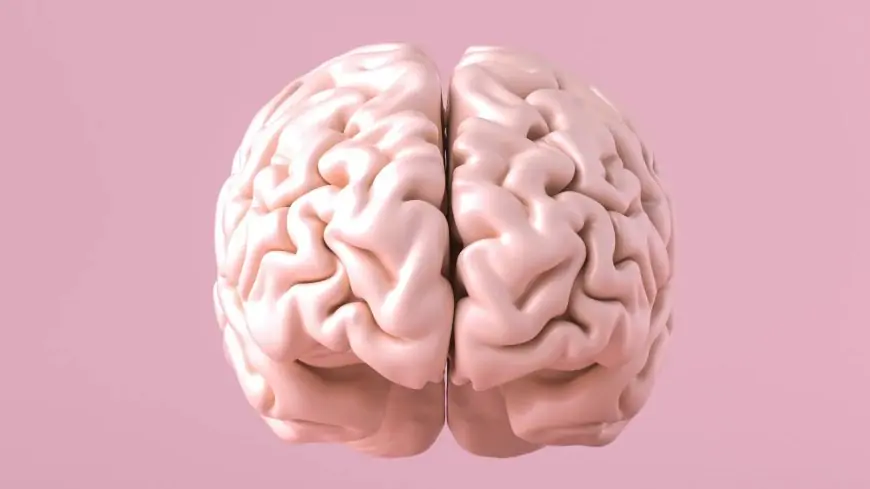The Covid-19 pandemic made everybody effectively versed with the emotions of loneliness, or perceived social isolation. This was additionally a serious stress for individuals who socialized lots and elevated the chance of varied psychological and bodily {health} points resembling despair, substance abuse, weight problems, and untimely loss of life in them. A brand new research opened up in regards to the indicator of social isolation in animals.
Kansai Fukumitsu and others on the RIKEN Middle for Brain Science (CBS) in Japan discovered a molecular indicator and regulator of social isolation in feminine mice. Their research was printed in ‘Nature Communications’.
The research reported that social contact-seeking behaviour in mice was pushed by the peptide amylin within the medial preoptic space (MPOA) of the forebrain, and that being alone decreased the quantity of amylin on this mind area.
Earlier analysis by the RIKEN CBS group, led by Kumi Kuroda has proven that in mammals, the drive for maternal care additionally got here from the MPOA. Particularly, the amylin-responsive neurons within the central MPOA (cMPOA) are required for maternal motivation. As is commonly the case in scientific discovery, the preliminary connection between amylin and loneliness was inadvertent.
“Whereas finding out amylin signalling in maternal care, we seen that the quantity of amylin within the cMPOA relied on the housing circumstances of the mice," explained Kuroda.
That observation led to the new study that examined behavioural and neural responses to social isolation and social reunion in female mice. The researchers found that six days of isolation led to an almost complete disappearance of amylin, which returned to normal two weeks after the mice were reunited with their cage-mates. This was true even when the mice were separated from cage mates by a windowed divider within the same cage, indicating that female mice needed to make free physical contact with other mice to maintain amylin expression in the cMPOA.
Then the researchers carefully eliminated the possibility that amylin levels were regulated by other factors such as boredom, general stress, physical contact with humans, or contact with other mice for defensive purposes. They also found that amylin-expressing neurons in the cMPOA are deactivated upon isolation, and activated upon reunion.
When female mice were separated from their cage-mates by the windowed divider, they first bit the bars of the divider vigorously. This biting behaviour was only observed when other mice were across the divider, and thus the mice seemed like they were trying to break the window and reunite with the other mice. This contact-seeking behaviour was increased by specifically activating amylin-expressing neurons using chemo genetics, a biotechnology that allows artificial control of neuronal activity. In contrast, contact-seeking behaviour decreased after knocking down amylin in the cMPOA.
“Among other reported molecules, amylin is the one that responds the most to isolation and reunion, and itself facilitates contact-seeking behaviours," mentioned Kuroda. “With all these outcomes, we grew to become assured that amylin is the foremost participant within the mind that's wanted for sensing and searching for social contacts."
Since Darwin’s time, scientists have postulated that social affiliation among adults originally evolved from parental care. This study provides molecular evidence that supports this notion. “Both parental care and female-female social contact depend on amylin and augment its expression," Kuroda mentioned, “This synergy would possibly facilitate cooperative parenting, wherein a number of females take care of younger collectively, as is noticed in mice and people."
Learn all of the Newest News, Breaking News and Coronavirus News here.


















